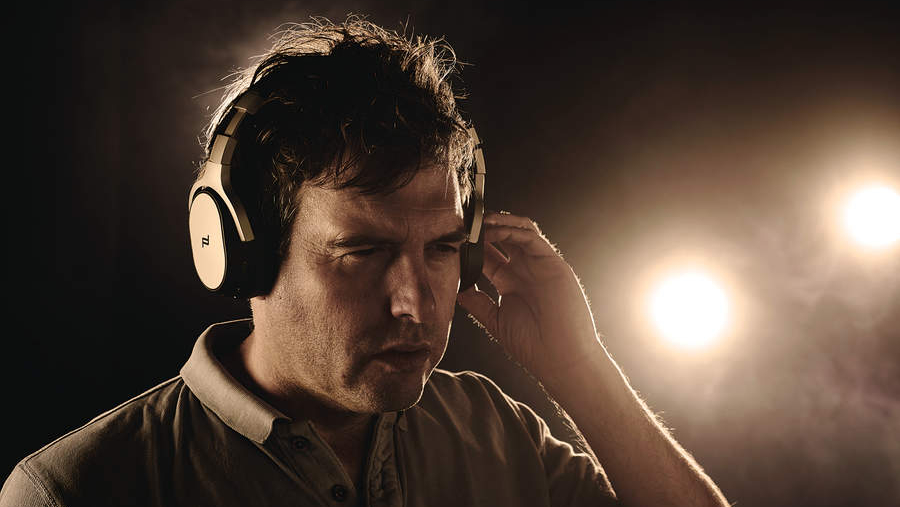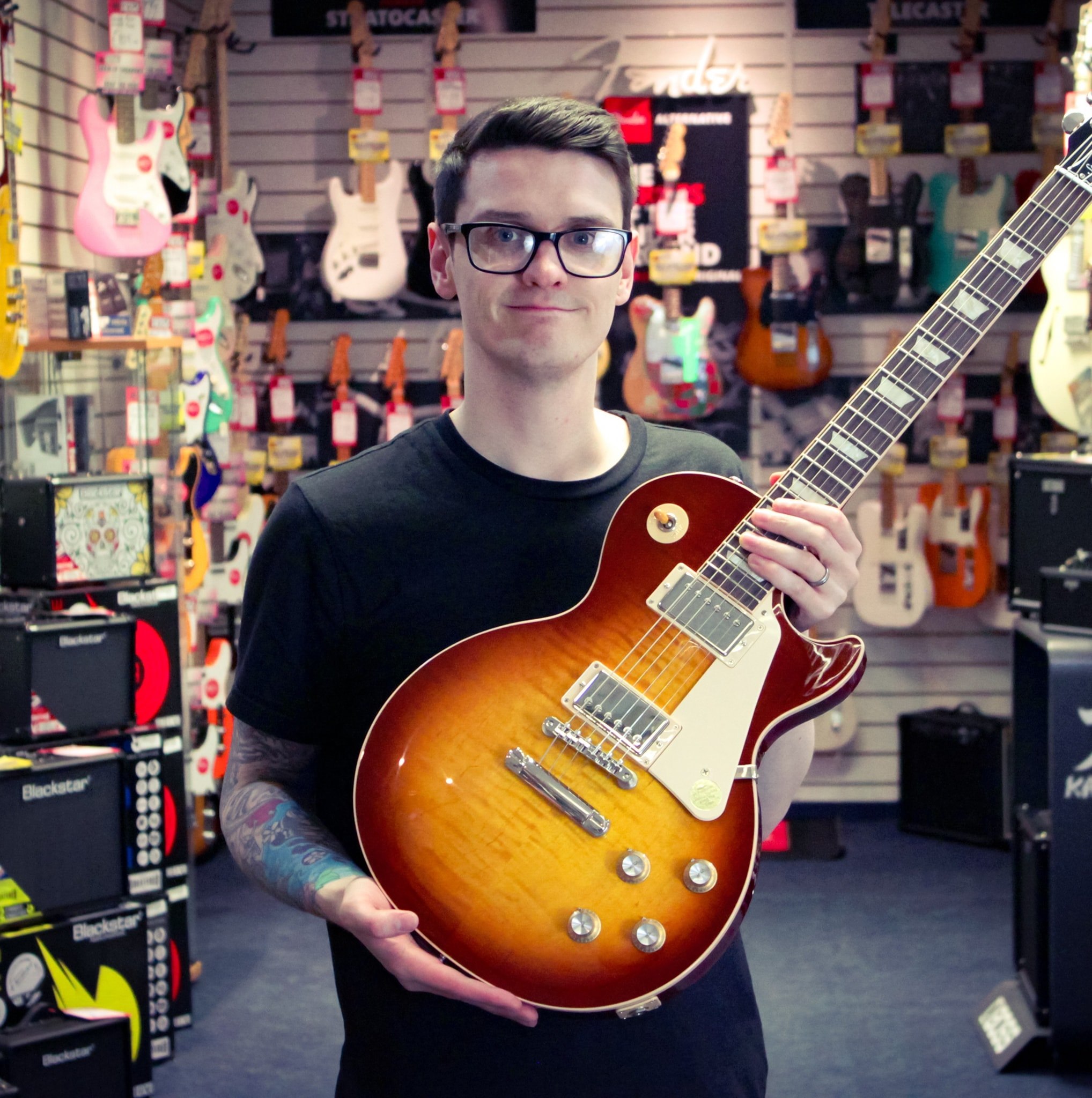From the thunderous sound of Joey Jordison's drums to the raspy bark of Randy Blythe's vocals and the down-picked power of Hetfield's guitar, some things in life are just meant to be played loud. But did you know that this could be putting your hearing at risk?
Whether you're a music enthusiast, a headphone user, or simply someone concerned about hearing health, it's crucial to understand the potential hearing loss caused by headphones. This knowledge can help you protect your hearing and continue to enjoy music long into the future.
We all know that a set of the best earplugs for concerts will protect us at live shows, but today, we're embarking on a journey to uncover the truth about headphones and hearing loss. We're not just here to inform but to show that we care about your health and your ability to enjoy music for years to come. We'll equip you with practical steps to protect your hearing, ensuring you can continue to enjoy your music without compromising your health.
Can headphones cause hearing loss?
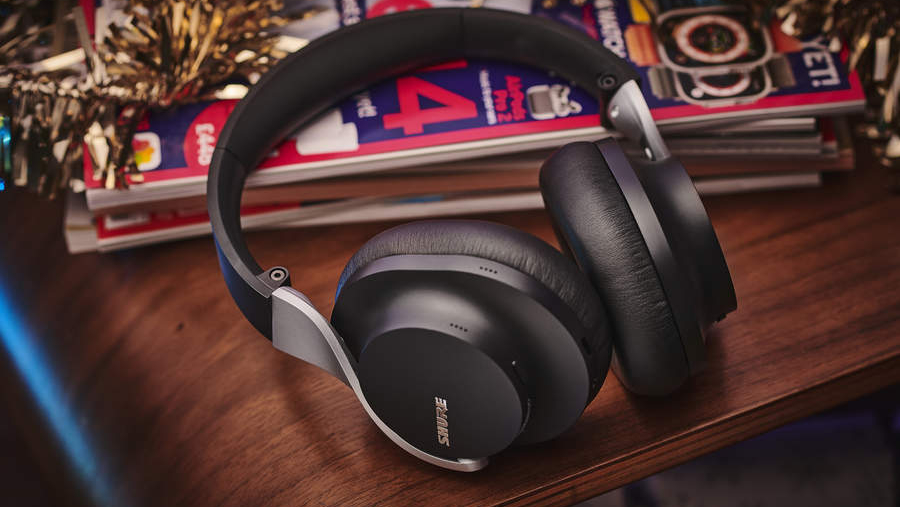
Well, the short answer is, unfortunately, yes. Blasting your ears with loud music for extended periods of time can result in irreversible damage to your hearing. Headphones and devices such as phones and tablets can pump out a fair amount of volume, meaning it's more than likely that you are listening to your favourite bands at ear-damaging levels, and you might not even be aware of it.
Experts at the World Health Organization recommend that you keep your listening levels to around 60 to 70 decibels to minimize the chances of hearing loss. Even then, you should limit your exposure to a little over 12 hours – just about enough time to get in one play through of a Dream Theater track, then.
Now, we all know that headphones can be the best way to listen to music. Not only do they allow us to shut out the world and focus on the gut-punching riffs that make life worth living, but they also offer the best bass response and high-end definition.
So, if headphones offer the best sound but can also damage our ears, what actions should we take to ensure we keep our ears in tip-top condition and still get the best auditory experience possible? The good news is, the steps we're about to share are practical and easy to implement. Allow us to give you four great tips for safeguarding your hearing.
Tips to avoid hearing loss
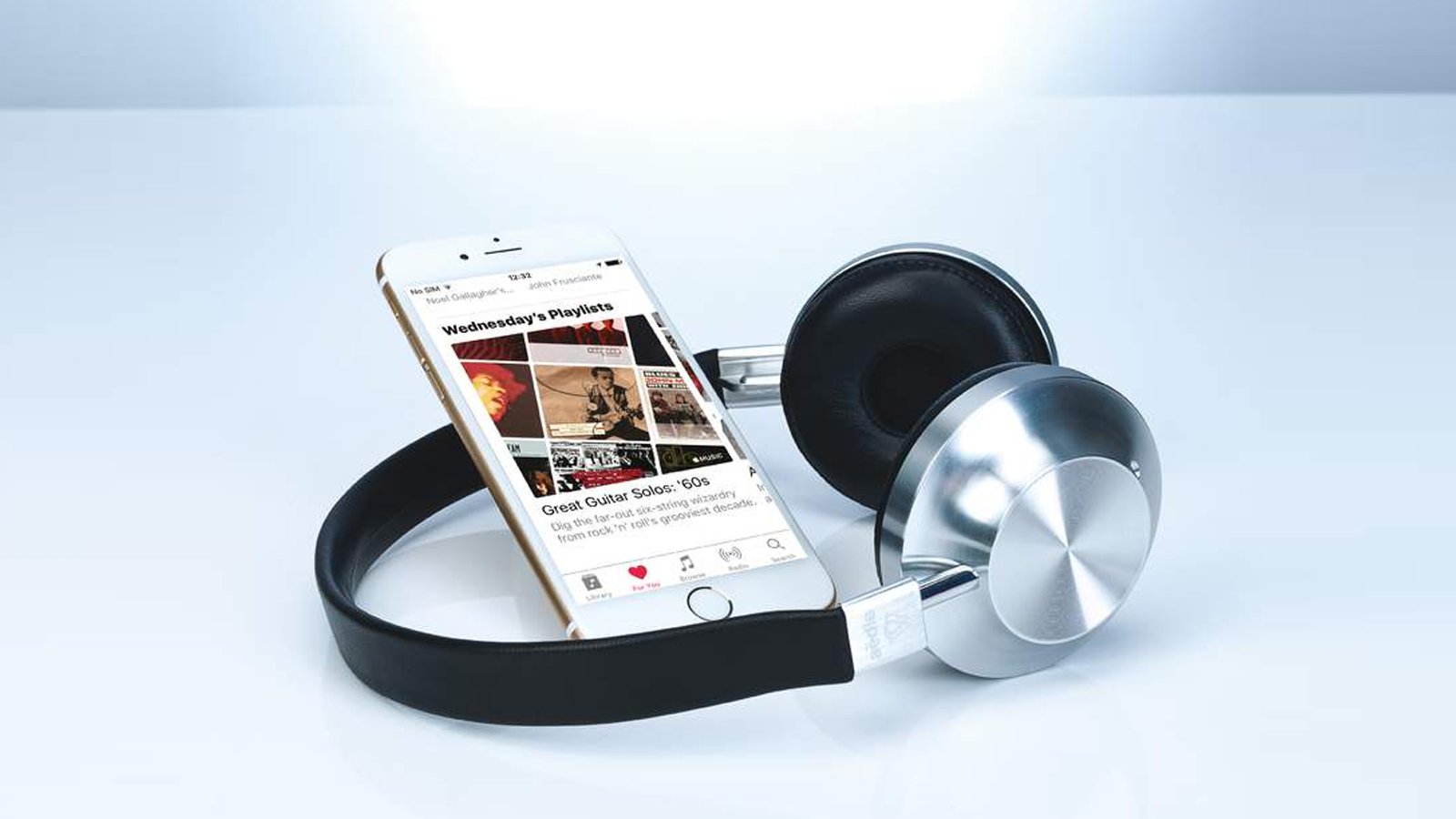
1. Turn it down!
Okay, this one is pretty obvious, but simply turning down the volume at which you listen to music will dramatically reduce your risk of hearing damage. But how do you know when your music is too loud? Well, if you regularly listen on a phone, then you'll most likely be prompted with a message informing you that you are about to go over the recommended listening level. It may feel like a warning from a stern parent, but it's backed up by science and you should take heed.
If you are on a laptop or even your favourite record player, you'll not get this sort of notification. So, as a general rule of thumb, if you hold your headphones out in front of you at arm's length and can still hear your music clearly, then the level is most likely too loud.
You can also use your device's volume control as a gauge. Generally speaking, you don't want your device's volume to be over 60% of its maximum volume. The 60/60 rule is a good one to keep in mind. You are safe to listen at 60% of the maximum volume for no more than 60 minutes a day.
2. Use noise-cancelling headphones
Many people increase the volume of their headphones to better block out the outside world, leading to a level that is less than ideal for their poor, suffering ears. If this sounds like you, then we suggest investing in a good-quality pair of noise-cancelling headphones.
When they do their job correctly, noise-cancelling headphones eliminate external sound, allowing you to comfortably turn down the volume of your music as you are no longer competing with the hustle and bustle of city life.
Lower music volumes and you don't need to hear anyone else trying to talk to you – sounds like a win-win to us.
You'll find a few affordable noise-cancelling options in our guide to the best budget wireless headphones.
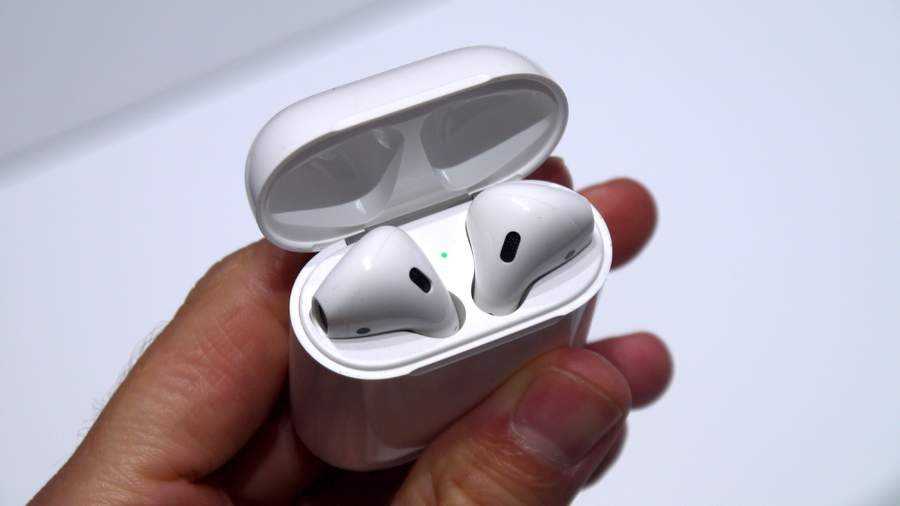
3. Ditch the earbuds
Not only do over-the-ear headphones deliver a far superior tone in terms of bass response and top-end, but they may also be the safest option out there. Yes, earbuds can be convenient, and of course, if used properly, they won't cause any harm. However, there is more risk associated with these small earphones.
The smaller size means they sit deeper in your ear canal, increasing the sound pressure level within your ear, which means you won't be able to use them for as long as a set of over-ear headphones.
Check out our guide to the best headphones for music to discover our top choices from a range of brands.
4. Take listening breaks
Lastly, we need to discuss taking breaks. Yes, we know it may feel strange not to listen to your favourite band every minute of every day, but if you want to carry on listening to them, you'll want to save your ears, and that can be achieved by taking regular breaks to give your lugs time to recover.
The national hearing loss charity RNID suggests resting for at least five minutes every hour to give your ears time to recuperate. Remember, it's all about balance. Enjoy your music, but also give your ears a break.
This, along with the other tips we've shared, can go a long way in protecting your hearing while still enjoying your favourite tunes.
